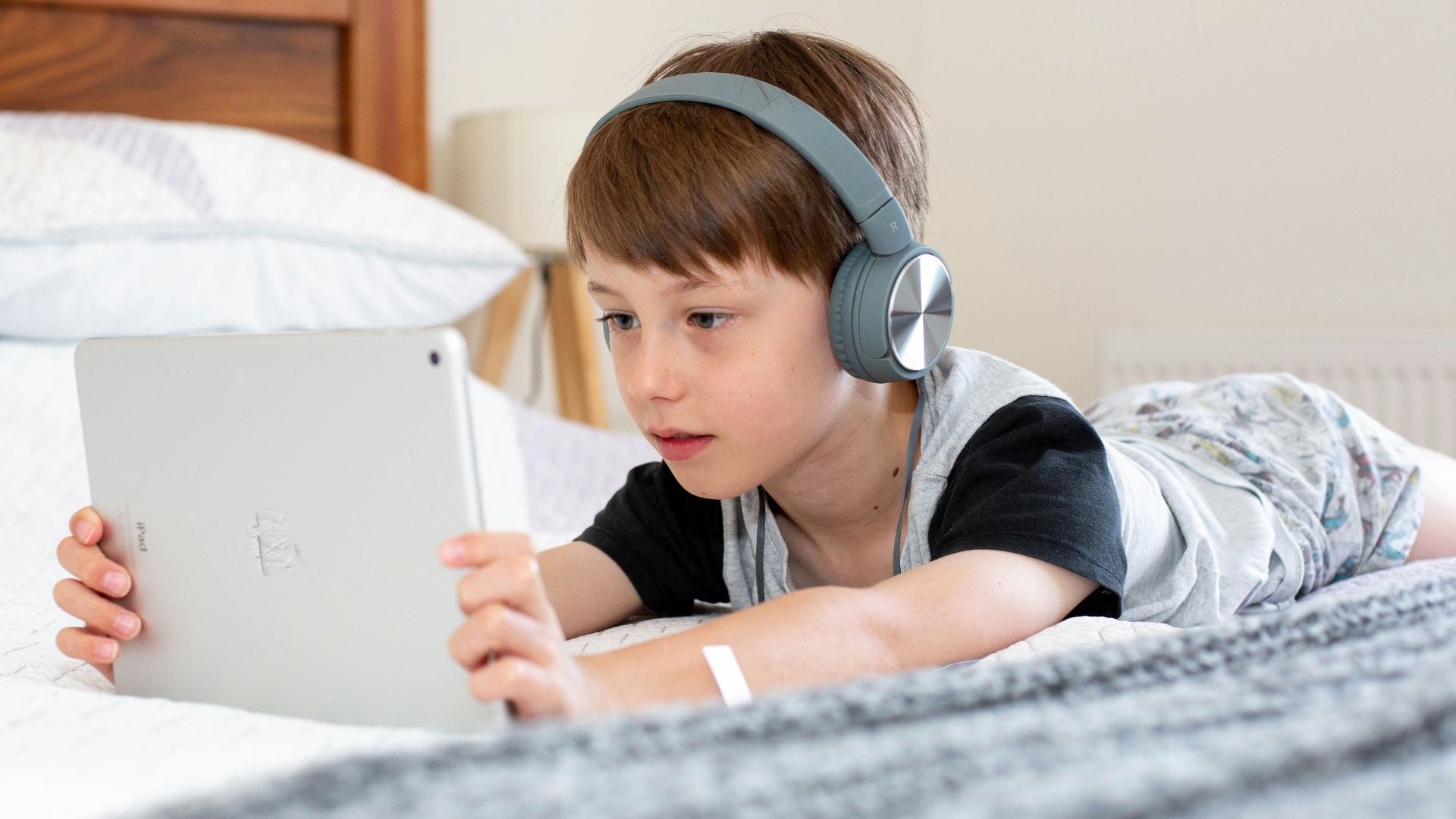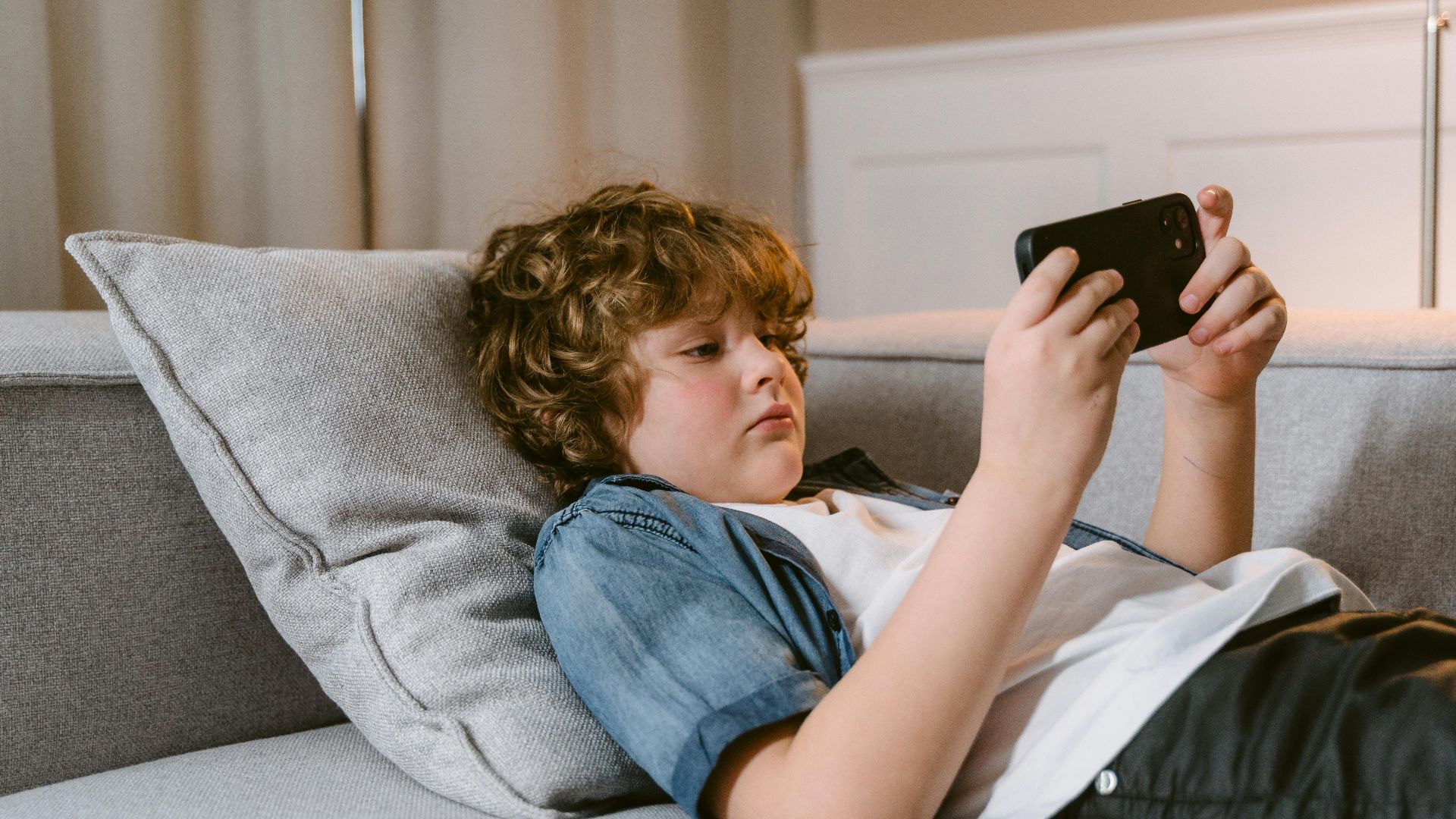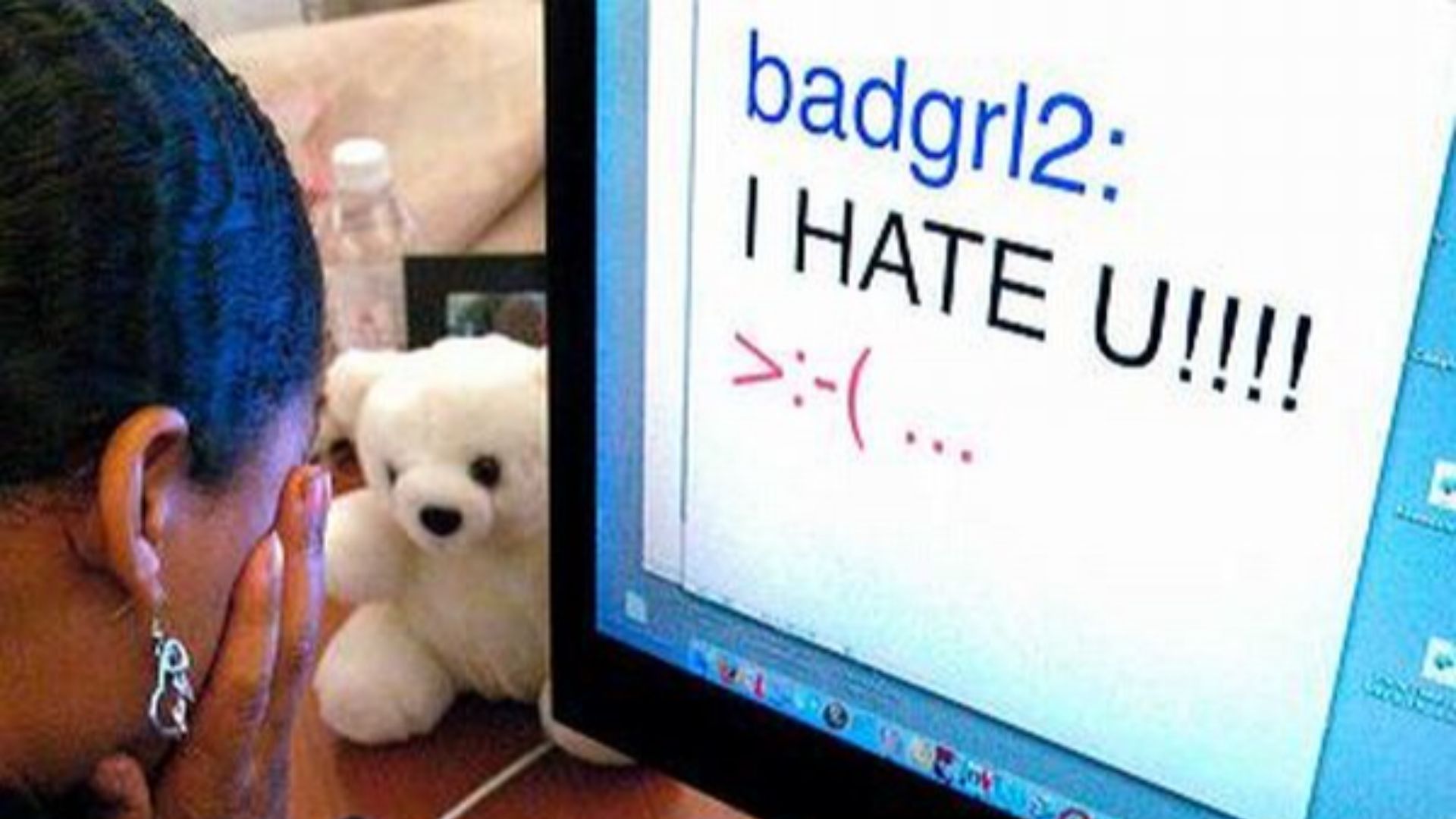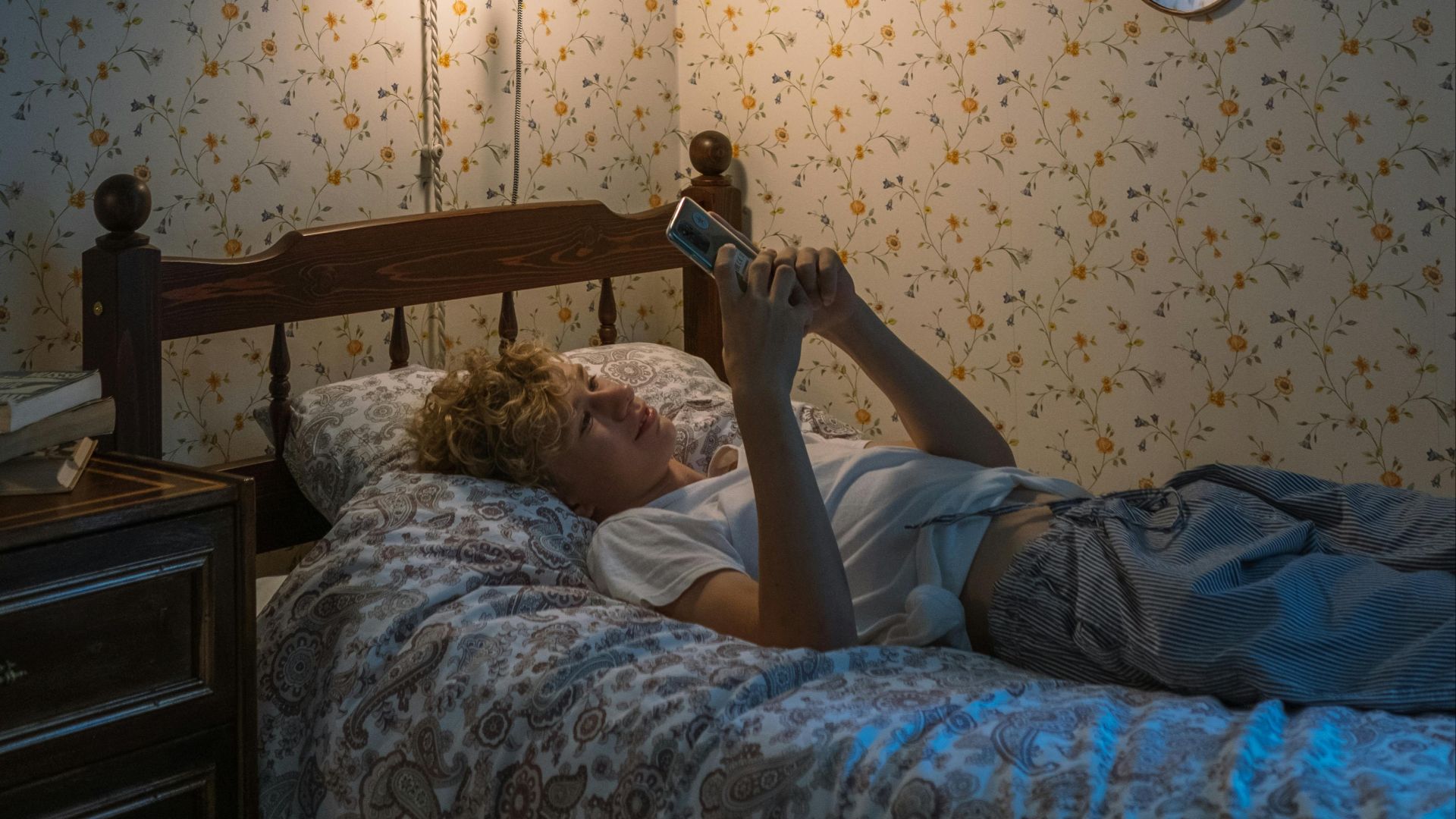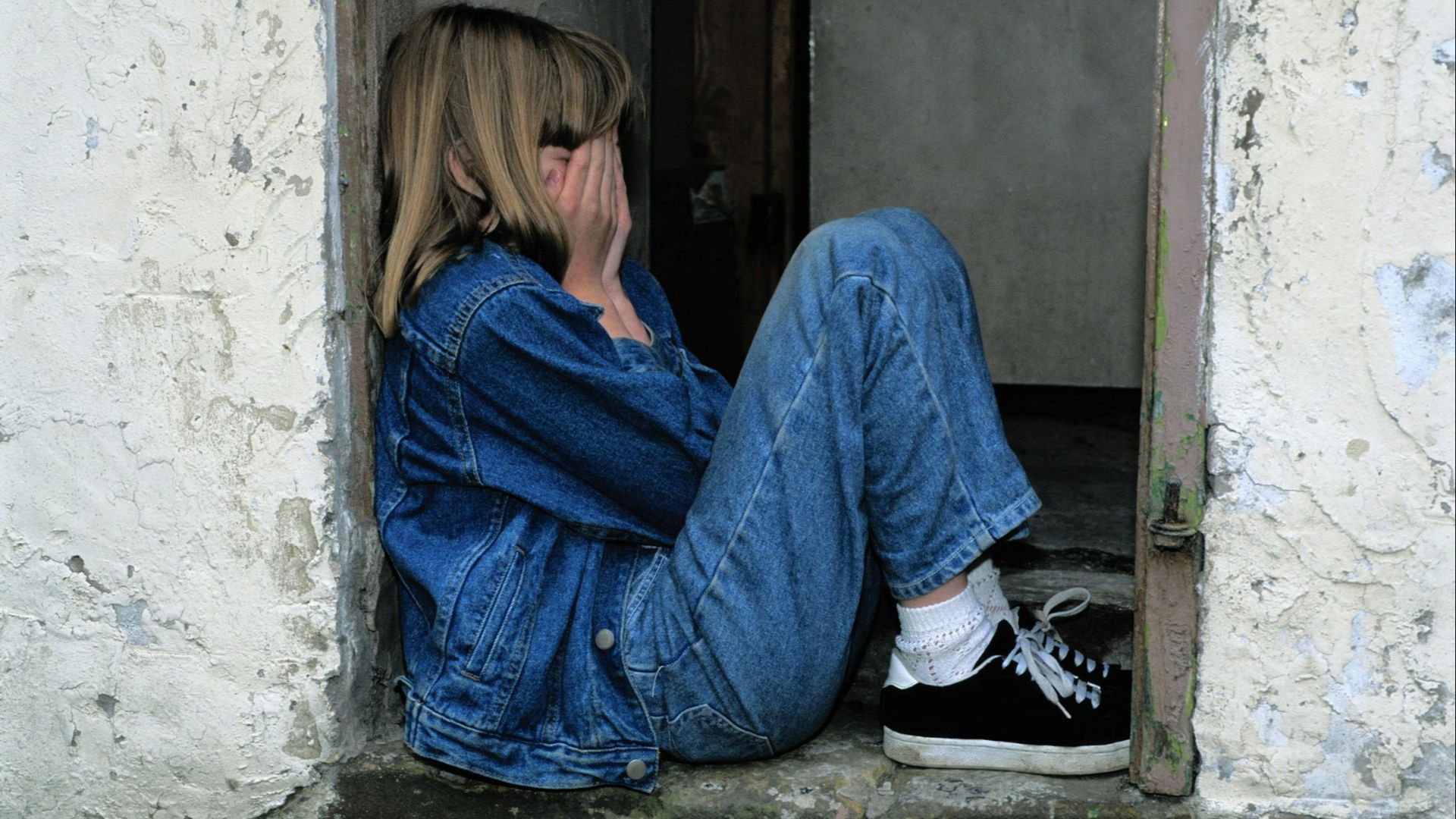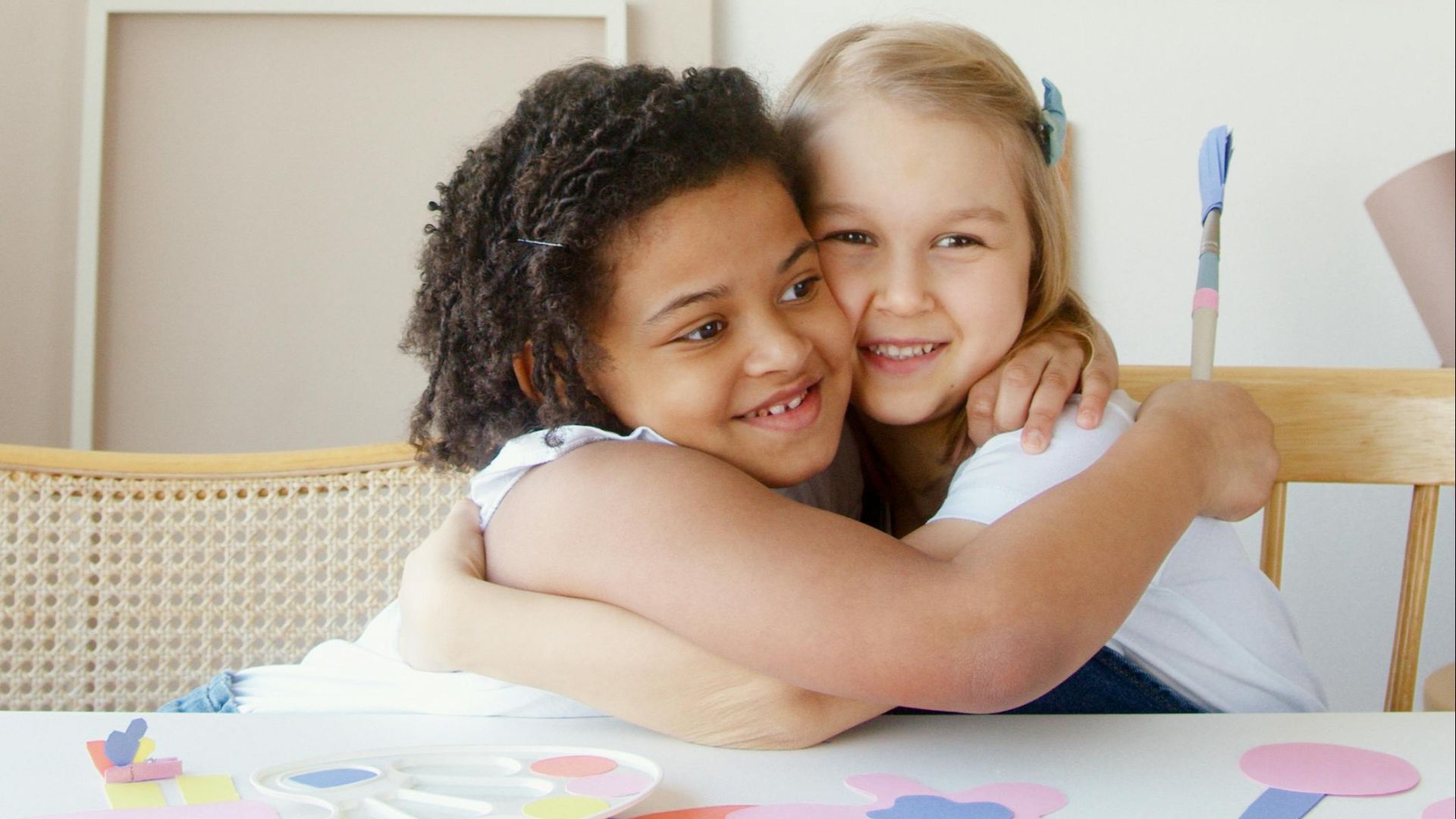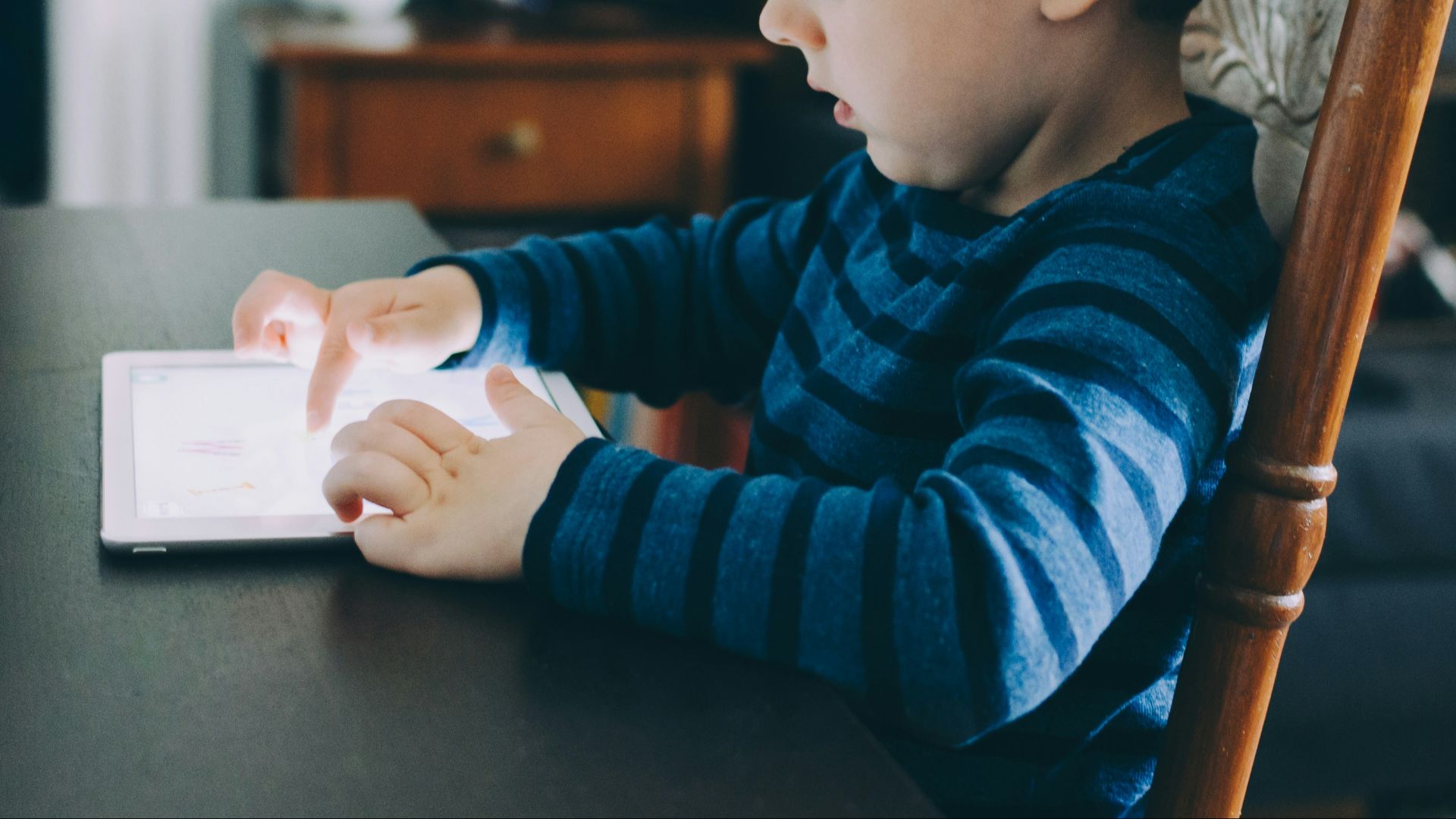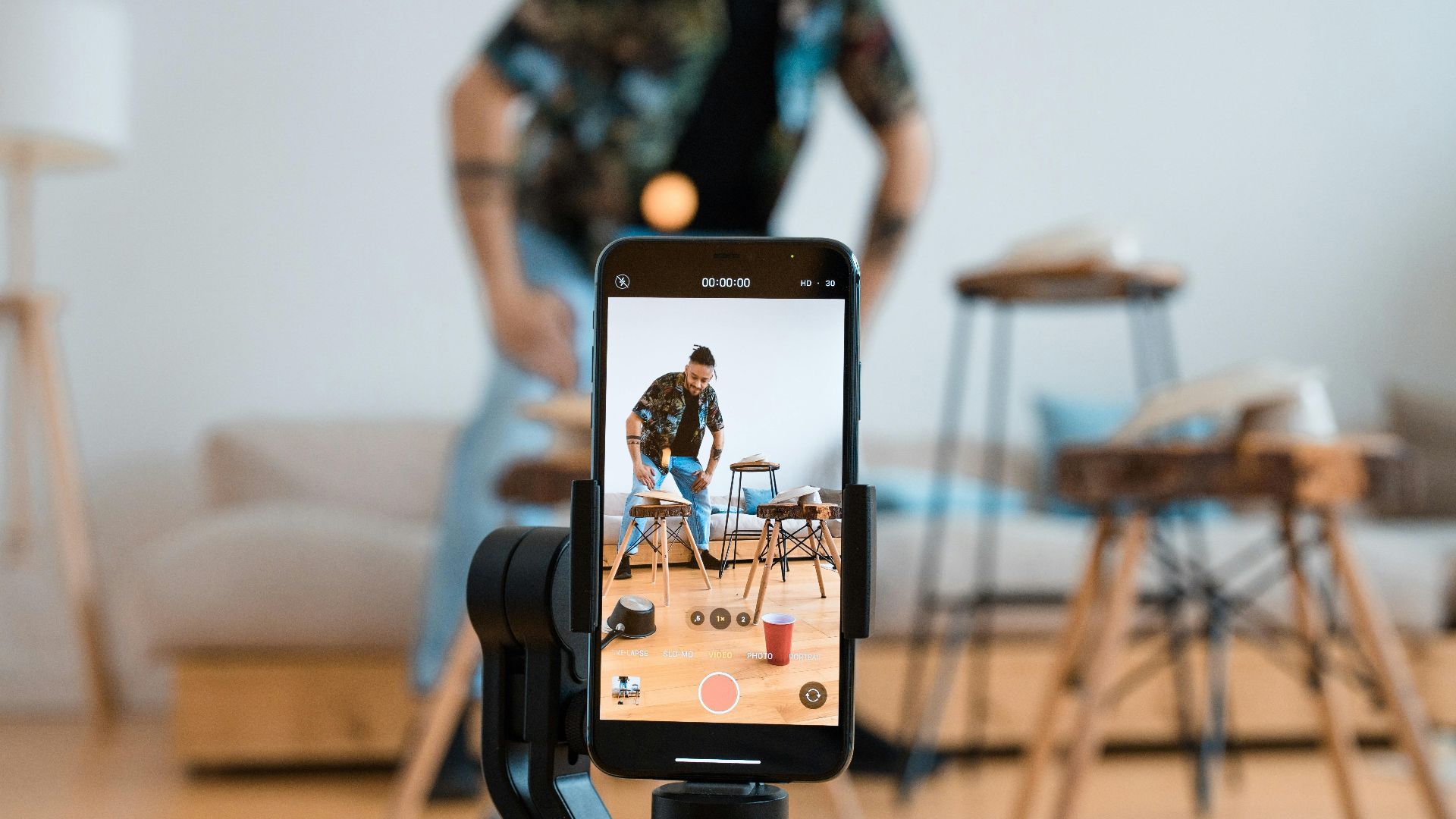Parenting in the Digital Era
You might paint social media as the clear bad guy—it's addictive and can also negatively influence both adults and impressionable teens. But beyond the criticism, there's probably just as much harm in keeping your kids off social media as there is in letting them use it. If you're still weighing the pros and cons, here are 10 reasons to limit their social media use—and 10 reasons to let them surf freely.
1. Privacy Concerns
The younger your kids are when they start using social media, the greater the risk of them sharing personal information they don't yet know to not post online. And even if they are careful, creating profiles and accounts online allows all sorts of data to be collected about them on these platforms without any clear transparency.
2. Encourages Procrastination
This much may be obvious: social media hinders productivity. You might even know firsthand what it's like to get swept up and carried away by social media—the so-called "doomscrolling." The more time your kids spend online, the more they may procrastinate on outstanding tasks, like chores and school assignments.
3. Affect Academic Performance
Over time, social media addiction can lead to poor academic performance. After all, if your kids are always distracted by scrolling through online platforms, allowing lousy habits to develop and persist, this will eventually negatively influence other areas of their lives, including education.
 Photo By: Kaboompics.com on Pexels
Photo By: Kaboompics.com on Pexels
4. Cyberbullying
Social media allows practically anyone to create accounts online. Many with ill intent may form anonymous platforms where they can then make hostile, malicious comments about others, from complete strangers to their own peers. Your child may fall victim to cyberbullying—or may become a cyberbully themselves—which will have a detrimental effect on their mental health.
5. Disrupt Sleep
Never mind procrastination—social media can make you lose sleep. That's what can happen when you get addicted to the online world; there are always new things to search for, to read, to explore. Unless you make sure your child has their phone tucked away at bedtime, they're probably scrolling on it late into the night.
6. Negative Impact on Mental Health
It's not just cyberbullying that could affect your child's mental health. Social media often means posting about yourself and sharing your life with the world. In turn, you'll see others doing the same, allowing everyone to scrutinize each other. This may lead to constant comparison, feeling like parts of you are inadequate because your appearance or your life doesn't match up to that of others on social media.
7. Miss Out on Real-Life Connections
Social media can also encourage isolation rather than engaging in face-to-face interactions and making real-life connections. While your kids can chat with their friends online, they should still balance that out with offline time so that they can develop social skills in the real world.
8. Affect Physical Health
Spending all your free time in bed on your phone can also lead to forming unhealthy habits. Not only should your kids be balancing their online and offline time so that they can form real-world social skills, they should also be getting active for at least 30 minutes every day.
9. Exposure to All Types of Content
Social media is comprised wide range of things—some of which could be violent, harmful, and not age-appropriate. Allowing your kids to use social media freely, without setting up parental controls, means they'll likely come across things that they aren't supposed to see.
10. Online Predators
Along with cyberbullies roaming the net, there could also be online predators. With younger children and teens being so impressionable, they could befriend strangers on social media who have malicious or criminal intent.
But this isn't to say that social media is always a bad thing. In fact, when implemented in a safe way, allowing your kids to use social media can be beneficial. How? Let's take a look at 10 particular ways.
1. Teaches Them New Skills
While you should still set up parental controls for safe browsing for younger children, the things you see on social media aren't always bad. Often, creators and educators may post informational content that's meant to inspire, enlighten, and encourage us to stay curious about the world—content that we may not have otherwise come across were it not for these platforms.
2. Self-Expression
Social media allows for creativity and self-expression. After all, the profiles they make on these platforms become their safe space, where they're free to express themselves any way they like. This could then inspire new interests, goals, and hobbies.
3. Allows for Networking
Apart from just connecting with real-life friends on social media, some platforms allow for networking, which is essential for easing your way into the workforce. And since social media encourages self-expression, new opportunities could arise if companies become aware of the creative content your child produces.
4. Supports Development of Social Skills
Believe it or not, your kids are likely relying on both the real world and online to develop social skills. While face-to-face interactions are probably still better than conversing text, there are other aspects that only social media can teach. Plus, if your child is introverted or shy, they may heavily rely on the latter to better understand how to navigate the social world.
5. Staying Connected with Friends
Let's face it—keeping your kids off social media probably won't make them closer to their friends, because all their friends are most likely using social media, too. And staying connected with them online is different from meeting up in real life, so they should be allowed both options.
 Photo By: Kaboompics.com on Pexels
Photo By: Kaboompics.com on Pexels
6. Keep Up with World Events & Current Affairs
Unless your kids already like reading and watching the news, the only other way they might be exposed to world events and current affairs is if they see this content being discussed on social media. Plus, creators may be able to summarize key points in a way younger audiences can understand.
7. Identity Development
Social media also allows identity development. Again, the platforms your kids choose to use are regarded as their safe spaces, where they can feel comfortable creating the content they want to share. Additionally, they can see what others post and may be able to find a sense of belonging they don't feel anywhere else.
8. Form of Entertainment
No matter how much you argue against it, social media is entertaining, creative, and just plain fun. Does that mean you should let your kids scroll online for hours on end? No—but again, it should be all about balance, and not just a hard no or yes.
9. Can Implement Daily Limits
If you're worried about how social media might affect your kids, you can also set up schedules and limits along with parental controls. This way, your kids can still hop on their favorite platforms and connect with their friends—but implementing a limit allows them to practice control.
 Photo By: Kaboompics.com on Pexels
Photo By: Kaboompics.com on Pexels
10. Space to Ask for Advice
If you're particularly concerned about them voicing potentially personal issues online to strangers, you can try to encourage them that you're available to lend an ear whenever. But you should also be aware that sometimes, your kids may have questions that they're not yet ready or comfortable to share with you, so stay patient, open, and understanding.


